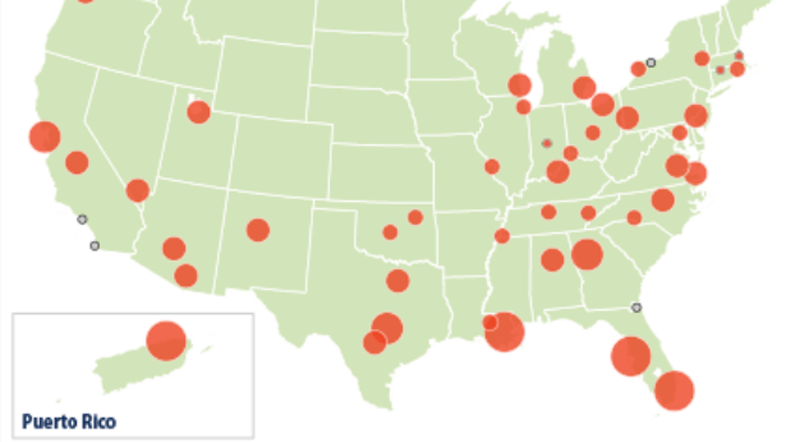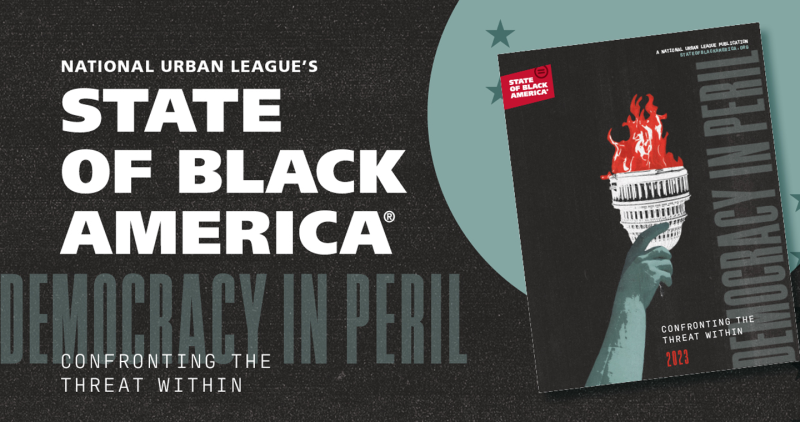A Portrait in Faith and Resilience: Mother Emanuel African Methodist Episcopal Church
You may write me down in history
With your bitter, twisted lies,
You may trod me in the very dirt
But still, like dust, I’ll rise
- Still I Rise by Maya Angelou
When Pastor Eric S.C. Manning heard there had been a shooting at Mother Emanuel African Methodist Episcopal Church in Charleston, S.C., one of his first thoughts was of his friend, Rev. Clementa Pinckney.
Then a pastor at Historic Bethel A.M.E. in Georgetown, S.C., Manning was devastated to learn that his friend, Rev. Pinckney, the pastor of Mother Emanuel, did not survive the racially motivated attack on June 17, 2015. A self-professed white supremacist, who was welcomed into the church’s prayer service, took the lives of Pinckney, Rev. DePayne Middleton, Rev. Sharonda Coleman Singleton, Cynthia Hurd, Ethel Lance, Tywanza Sanders, Susie Jackson, Rev. Daniel Simmons Sr., and Myra Thompson.
Manning didn’t know it at the time, but he would soon stand in the pulpit of Mother Emanuel, where he has served as pastor for the last seven years.
“I never felt anger. I never felt bitter,” he said. “I guess I didn’t have the time to go down that path.
His original sermon at Mother Emanuel, based on the 23rd Psalm, has guided his steps. “I didn’t have an idea on how to lead a congregation who had been through such a public and traumatic event,” he said. “There were not a lot of people who I could reach out to and gain their insight on how to approach it.”
“I do not know how to lead you, but I know God will lead,” he told the church. Manning has come to learn in dealing with trauma, “You must be truthful with people.”
Some of the victim’s families were ready to forgive the 21-year-old gunman. Others were not. Manning quickly learned the importance of being present in ministry. He gained encouragement by reading, While the World Watched: A Birmingham Bombing Survivor Comes of Age During the Civil Rights Movement by Carolyn McKinstry and Denise George.
McKinstry survived the racist bombing at 16th Street Baptist Church in Birmingham on Sept. 15, 1963. Like others before her who became a part of America’s historical narrative of hate and racism, McKinstry found a way to survive and thrive. If parishioners at Mother Emanuel were to do the same, they would need space and grace to share their pain and loss with others in the church and the community.
“It’s a process for everyone,” said Manning. “One of the first things I learned was that establishing trust is very important. Longevity helps to build trust. The longer I have been able to serve Mother Emanuel, the more trust has been established.”
“What we must do is give people permission to be in whatever space they are in and grow in what every space they are in to help them not get stuck there.”
The church has about 500 active members. Some touched personally by the tragedy have left; others have stayed and are invited to share their memories of those who died. They have relied on their faith and being in fellowship with others who share in their pain.
Manning led a group from Mother Emanuel to Pittsburgh to be with synagogue members following the Oct. 27, 2018, massacre at the Tree of Life synagogue. Manning and Rabbi Jeff Myers have become close friends as both men work to heal from the racial hatred visited upon their respective places of worship. Myers survived the attack that killed 11 people at Tree of Life.
There is a strong determination to move forward in faith and healing, said Manning. However, the journey has not been without setbacks, he added. “A couple of years into our recovery process, we had the deaths of George Floyd and Breonna Taylor [at the hands of police officers] – those instances weren’t handled well within the Charleston community. Everyone was expecting change to happen overnight.
COVID-19 lockdowns added another layer of complexity. “Since we couldn’t rally around each other in physical presence, we had to rely on conference calls to stay connected,” he said.
In addition to weekly virtual church services, they added a noon-day prayer service Monday-Friday. In-person worship has been back for nearly two years, and the noon-day prayer services continue Monday through Thursday at Mother Emanuel. Manning said that the key is to create safe spaces for people to process what is happening in the larger community.
One such occurrence was the Jan. 6, 2021, insurrection at the U.S. Capitol.
When looking at the history of the African American experience in this country, Manning draws meaning from the words of “Lift Every Voice and Sing,” the Negro national anthem written in 1900, between slavery and the Jim Crow era.
“The road has been stony, the road has been hard, we’ve had to always continue to keep a sense of resilience and a sense of hope that one day we will be at a place where we can be judged by the content of our character,” Manning said.
Last year, when ten people were murdered by a white man at Tops Friendly Market in Buffalo, New York, those touched by racial violence once again experienced PTSD.
A 2022 study by the Pew Research Center, conducted one month before the Buffalo shooting[AT1], found that one-third of African Americans said they feared being the victim of a racist attack.
But more likely, said Manning, Black Americans face discrimination in voting rights and assaults on education.
Attempts to whitewash America’s racist past can’t be allowed to prevail, he said. Later this year, the church plans to break ground on a memorial to honor the Emanuel Nine, as they are known.
“The challenge is in the shadows,” said Manning. “We will continue to be a light in the pathway of darkness. We will continue to let our light of resilience and hope shine.”
For more information on the church memorial, go to: https://emanuelnine.org/
[AT1]I double-checked this. This survey was done in April 2022. https://www.pewresearch.org/fact-tank/2022/05/20/safety-concerns-were-top-of-mind-for-many-black-americans-before-buffalo-shooting/ft_22-05-13_blackamericanscrime_4/


 A Climate In Crisis
A Climate In Crisis

 Executive Summary
Executive Summary